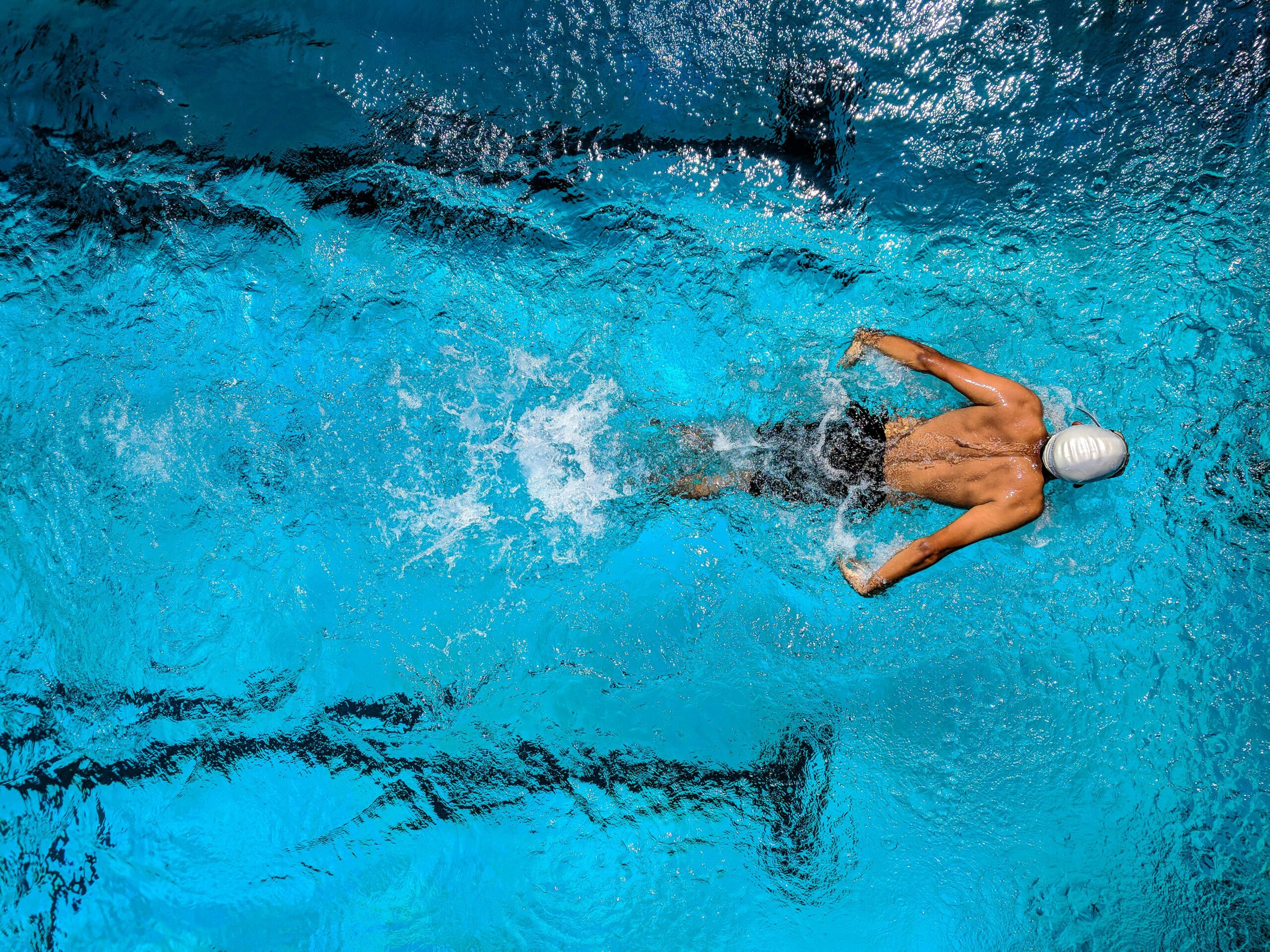Guidance on stress, anxiety, burnout, and emotional challenges.
As a sport psychologist, I offer confidential, compassionate support designed to help athletes manage stress, reduce anxiety, prevent and recover from burnout, and navigate emotional challenges that impact performance and well-being. This service centers on safety, empathy, evidence-informed practices, and clear pathways to sustainable improvements.
Who is this service for?
- -Athletes at any level experiencing acute stress, worry, or anxiety related to sport
- -Those coping with burnout or emotional fatigue from training, competition, or life demands
- -Individuals dealing with mood fluctuations, sleep disruption, or motivation challenges
- -Athletes managing injuries, rehabilitation stress, or fear of re-injury
- -Coaches and support staff seeking confidential mental health support or to facilitate a healthier team climate
Note: this service is focused on mental health support within a sport context and does not replace urgent crisis care. If you are in immediate danger or having thoughts of self-harm, seek emergency support or contact local crisis services right away.
Core goals of the service
- -Provide a safe, nonjudgmental space to explore emotions and stressors
- -Normalize mental health experiences and reduce stigma
- -Develop personalized coping strategies to reduce symptom burden and improve functioning
- -Enhance sleep, energy, and mood regulation to support training and competition
- -Build resilience and healthy routines that sustain well-being during tough seasons
- -Create a pathway for ongoing care, including referral options if needed
What can you expect from the process?
1) Initial Safety and Intake
- -Establish confidentiality, boundaries, and consent for care
- -Screen for stress, anxiety, burnout, mood concerns, sleep quality, and coping resources
- -Gather context: sport demands, training load, injury status, life stressors, support networks
- -Assess risk and establish a plan of care (level of care, frequency of contact, next steps)
2) Collaborative treatment planning
- -Set clear, realistic goals focusing on both well-being and performance
- -Identify primary concerns (e.g., racing thoughts, performance anxiety, overwhelming fatigue)
- -Determine preferred modalities (talk therapy, skills training, sleep coaching, lifestyle adjustments)
- -Develop a flexible plan that can adapt to seasonal training blocks and competition calendars
3) Evidence-informed interventions (tailored to you)
Psychoeducation: understanding stress, anxiety, burnout, and emotional responses in sport
Emotion Regulation Skills
- -Identifying emotions, labeling, and applying regulatory strategies (breathing, grounding, reframing)
Cognitive Behavioral Techniques
Thought monitoring, cognitive restructuring for
- -performance worries, and coping planning
Mindfulness and acceptance-based approaches
- -Present-moment focus, nonjudgmental awareness, and acceptance of unhelpful thoughts
Stress and sleep management
- -Sleep hygiene, circadian alignment, napping strategies, and energy management
Depression and anxiety symptom support (where appropriate)
- -Behavioral activation, activity scheduling, and activity pacing
Burnout prevention and recovery
- -Recovery rituals, workload management, boundaries, and meaning-making
Coping with Injury and Rehabilitation Stress
- -Fear of re-injury, pacing strategies, and confidence restoration
Crisis Planning and Support
- -Safety planning, escalation steps, and coordination with medical or sports medicine teams as needed
4) Skills training and practice
- -Short, practical exercises you can implement daily (10–20 minutes)
- -Progressive exposure to stressors in a controlled way to build tolerance
- -Sleep and energy optimization routines aligned with training cycles
- -Mood and energy tracking tools to monitor changes over time
5) Real-time support and access
- -Secure messaging for check-ins during high-stress blocks
- -Urgent outreach options if you’re experiencing escalating distress (within agreed boundaries)
- -Video or in-person sessions, with flexible scheduling to fit training and competition
6) Monitoring, safety, and referral network
- -Regular symptom tracking and progress reviews
- -Risk screening and escalation pathways (psychiatric consultation, medical support, crisis services) if needed
- -Coordination with medical, coaching, and performance staff when appropriate and with consent
- -Referrals to additional mental health professionals or multidisciplinary teams as required
Formats, cadence, and logistics
- -Initial consultation: 60–90 minutes (comprehensive intake and safety check)
- -Ongoing sessions: 45–60 minutes, frequency based on needs (weekly to biweekly)
- -Check-ins: brief 15–30 minute follow-ups as needed between sessions
- -Delivery options: in-person, secure video, or hybrid (depending on location and preference)
- -Confidentiality: strict adherence to privacy and ethical guidelines; results and notes shared only with your consent
What success looks like.
- -Reduced intensity and frequency of anxiety symptoms affecting performance
- -Improved sleep quality, energy, and daytime functioning
- -Increased coping confidence and ability to manage stress during practices and competitions
- -Better mood regulation, motivation balance, and resilience to setbacks
- -Clearer self-awareness and healthier boundaries between sport and life
- -A sustainable plan for ongoing well-being integrated with training demands
Safety and ethics
- -Informed consent and ongoing consent for all interventions
- -Transparent communication about the limitations of sports psychology in addressing clinical disorders
- -Clear criteria for when to seek additional or alternative care (e.g., ongoing severe symptoms, pharmacological considerations)
- -Professional boundaries maintained, with respect for cultural and individual differences
Pricing and logistics (typical ranges)
- -Individual Mental Health Support (8–12 sessions as a starting block, with option to extend)
- -Short-Term Support Modules (4–6 weeks) for acute stress or a specific challenge
- -Integrated Wellness Plan (ongoing collaboration with coaching staff where appropriate)
- -Fees vary by region, depth of care, and session length. A quote will be provided after a brief intake discussion
What we need from you to get started.
- -Your sport, level, and current competition schedule
- -A brief description of current stressors, anxiety symptoms, burnout experiences, or emotional challenges
- -Any past mental health treatment or supports you’ve used
- -Availability for intake and ongoing sessions
- -Your preferred format (in-person vs. virtual) and any accessibility considerations
- -Consent to coordinate with coaches, medical staff, or family members if appropriate and with your agreement
